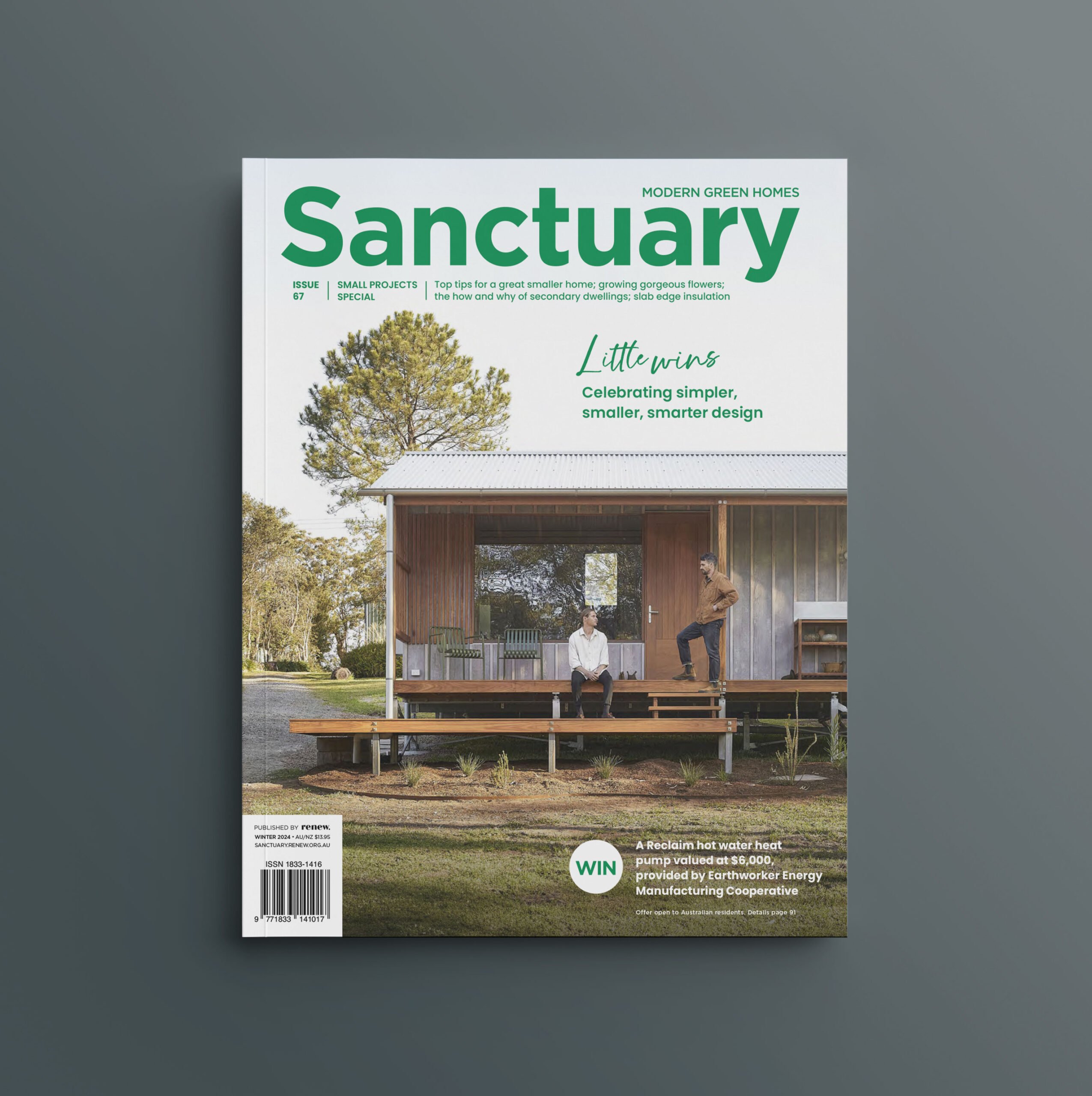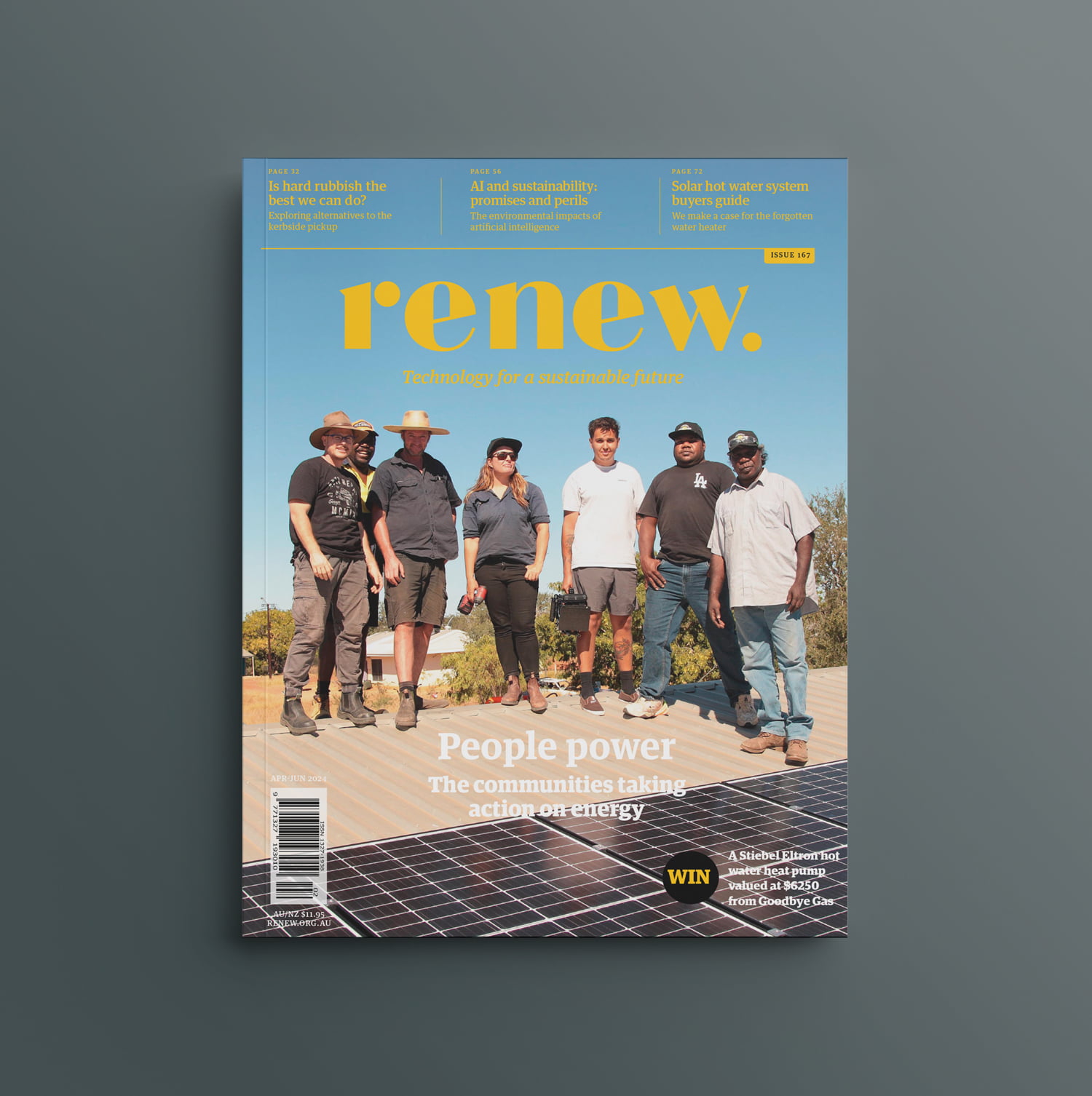Renew, consumer coalition calls on COAG for more efficient existing homes

Community, industry and research groups are calling on Energy Ministers to cut energy bills, reduce carbon emissions and create jobs by committing at the COAG Energy Council meeting to implement measures to substantially improve the energy efficiency of millions of existing homes.
Renew, alongside 40 other organisations, has written to energy ministers asking them to not only endorse the work plan on the COAG agenda to progress energy efficiency measures for existing homes, but to include new initiatives that will specifically target some of the most vulnerable people in our society.
“Cutting energy waste by improving the efficiency of our homes is one of the quickest and cheapest ways to reduce carbon emissions that is causing the climate crisis, with households contributing 11% of Australia’s emissions,” says Renew CEO Donna Luckman.
“More efficient homes will also save energy, reducing the need to invest in new energy generation and improve the reliability of the electricity grid, everyone benefits,” Donna added.
“Millions of people are living in homes that are too cold in winter and too hot in summer and cost a fortune to run; people are sadly dying as a result,” says Dr Cassandra Goldie, ACOSS CEO.
“People on low incomes who spend on average more than 4 times their income on energy bills than high income earners, cannot afford to invest in energy efficiency measures and if they rent they have no choice,” she continued. “The work plan before COAG includes developing a national framework for mandated energy efficiency standards for rental properties which is critical for people on low income. But we also need specific measures for public, Aboriginal and community housing, and for low-income home owners, which are currently missing from the COAG work plan.”
“Acting on energy efficiency for people on low income is critical to tackle poverty and inequality as well as provide broader benefits for everyone, including job creation, economic stimulus and reduced carbon emissions,” Goldie added.
“Renters, including those living in private and social housing, faced the greatest barriers to improving energy efficiency,” says National Shelter Executive Officer Adrian Pisarski.
“Renters can live in some of the worst housing and have little control over the energy efficiency of their homes. They either go without food and other essentials or they limit energy use to the detriment of their health, in some cases people end up homeless because they prioritise energy bills over rent,” he continued.
Regionally based community housing provider, Housing Plus CEO David Fisher, said “we’ve seen the real benefits that energy efficiency measures can have of the quality of life of our tenants, especially elderly people, who too often will not turn on their heating or cooling for fear of the costs. The Clean Energy Finance Corporation has helped us provide more energy efficient new housing, but we and other community housing providers lack necessary support to retrofit existing homes, which is where the need is great.”
Modelling for COAG Energy Council also found that if measures proposed in the work plan were introduced by 2022 in all jurisdictions, they could deliver a net present value (NPV) of $5 billion, reduce greenhouse gas emissions by 52.7 MtCO2-e and save 429.3 PJ of energy by 2050.


